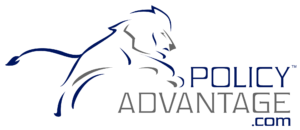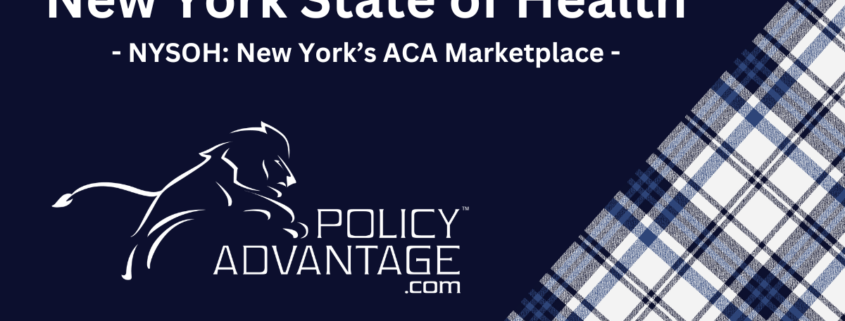California Smart Hospitals Shine in 2025 Global Rankings
California is home to some of the world’s most advanced healthcare institutions, and 2025’s Global Smart Hospital Rankings, released by Newsweek as part of their “World’s Best Hospitals” list, confirm the state’s leadership in health innovation. Three renowned hospitals—Stanford Healthcare (#14 globally), Cedars-Sinai Medical Center (#17 globally), and UCLA Health (#20 globally)—were recognized for their excellence in integrating cutting-edge technology into patient care. So, what are “smart hospitals,” and what does this mean for healthcare in California and beyond?
What is a “Smart Hospital”?
A smart hospital refers to a healthcare facility that leverages advanced technology—such as artificial intelligence (AI), robotics, Internet of Things (IoT) devices, big data analytics, and telemedicine—to improve patient outcomes, operational efficiency, and overall care. These technologies enable real-time data monitoring, predictive diagnostics, personalized treatment plans, and streamlined hospital management. The goal is to enhance the patient experience, reduce medical errors, and provide more effective treatments.
How California Hospitals Ranked Among the Best
- Stanford Healthcare (#14 Globally)
Stanford Healthcare is renowned for its leadership in AI-driven diagnostics and precision medicine. It employs machine learning algorithms to analyze patient data in real time, enabling early detection of conditions such as sepsis, heart disease, and cancer. With robotic-assisted surgery and digital health solutions that connect patients to doctors remotely, Stanford Healthcare has made substantial contributions to personalized, tech-driven care.
Stanford’s success is due to its focus on collaborative technology ecosystems. Partnering with tech giants like Google and startups in Silicon Valley, the hospital has integrated advanced software to support predictive analytics, ensuring timely interventions for critical cases.
- Cedars-Sinai Medical Center (#17 Globally)
Cedars-Sinai, located in Los Angeles, has embraced smart hospital initiatives in a way that enhances patient-centered care. The hospital’s robotic surgery programs and virtual reality (VR) systems for pain management and rehabilitation have been transformational. One of its standout innovations is the AI-based hospital command center, which allows for efficient coordination of hospital resources, reducing patient wait times and streamlining emergency response efforts.
Moreover, Cedars-Sinai’s cutting-edge digital health records system uses big data to optimize workflows and improve coordination between healthcare providers, patients, and insurers, ensuring smooth transitions of care.
- UCLA Health (#20 Globally)
UCLA Health’s strength lies in its telemedicine leadership and its commitment to using mobile health platforms to provide remote care, making healthcare more accessible. The hospital also excels in genomics and biomedical informatics, combining AI with genetic information to offer highly personalized treatments for conditions such as cancer and genetic disorders.
The hospital’s smart wards are equipped with IoT sensors and AI-powered platforms that monitor vital signs and anticipate patient needs in real time. UCLA’s focus on integrating robotics and automation into everything from routine surgeries to patient check-ins sets it apart as a future-forward healthcare leader.
Why These Rankings Matter
The strong performance of California hospitals in the 2025 Global Smart Hospital Rankings showcases how the state is at the forefront of modern healthcare transformation. But this recognition is not just about cutting-edge tech. These rankings reflect the hospitals’ ability to use technology to improve patient care, enhance operational efficiency, and make healthcare more accessible and affordable.
Impact on Patient Care
For patients, being treated at a smart hospital means quicker diagnosis, faster treatment times, and improved recovery rates. The integration of AI helps doctors make more informed decisions, while robotics improve precision in surgeries, leading to better outcomes. Patients can access healthcare remotely, reducing the need for in-person visits and enabling continuous monitoring of chronic conditions from the comfort of their homes.
Efficiency and Cost Reduction
Smart hospitals are not just improving patient outcomes; they are also reducing operational costs. Technologies such as AI and IoT allow for predictive maintenance of equipment, efficient use of resources, and optimized staffing models. These efficiencies translate into savings for both hospitals and patients, making healthcare more sustainable in the long run.
Conclusion
As Stanford Healthcare, Cedars-Sinai, and UCLA Health continue to rank among the best smart hospitals globally, California proves to be a leader in merging healthcare and technology. These institutions are setting a global standard for how hospitals can use AI, robotics, and other advanced technologies to redefine patient care and operational excellence. Their success not only highlights the future of healthcare but also underscores the potential of technology to revolutionize the way we experience and deliver care.
For California’s patients and the global healthcare community, the message is clear: The future of healthcare is here, and it’s smart. See the full rankings here: Newsweek Rankings: World’s Best Smart Hospitals 2025.









